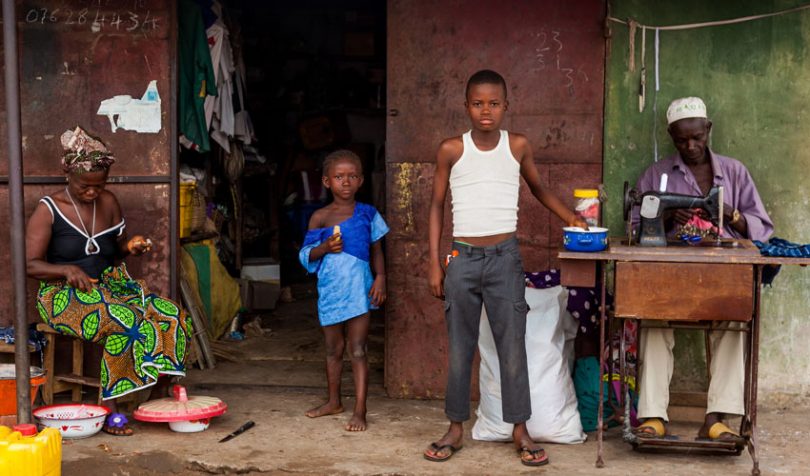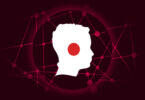San Fransisco-based Kiva, a financial services charity, has launched a blockchain platform to create online identities for Sierra Leone residents. The Kiva Protocol will allow those who struggle to get loans to prove their credit history. The 14-year old organization has provided more than $1.3 billion in microloans.
A report published by Reuters said Kiva and Sierra Leone President Julius Maada Bio officially launched the system in the capital Freetown on Wednesday. It was developed in conjunction with the United Nations.
According to Sierra Leone’s central bank, over three-quarters of the African country’s population lies outside the formal banking sector. Informal institutions like community banks and microfinance lenders are more common. But they rarely share credit information and often charge extortionate interest rates.
Sierra Leoneans will be easily able to access credit services in the country as the Kiva Protocol provides lenders access to citizen’s credit histories. The platform will use the fingerprints and other biometric data of the citizens that were collected by the Sierra Leone government to issue voter ID cards.
“A national identity program here would provide the foundation for the growth of a robust financial services ecosystem,” said Schan Duff, Kiva’s Vice President of Strategy.
An individual seeking a loan will be assigned a digital wallet which will record the transactions on a public blockchain. They can access the wallet using an app, which poses a problem as only 15% of the population has access to the internet. Kiva’s partners on the ground, including banks, have been tasked with setting up internet hotspots so that borrowers can access their private keys.
“Lack of identification, or an inability to verify that identification for credit purposes, increases the cost of business for everyone,” David Sengeh, who heads Sierra Leone’s Directorate of Science Technology and Innovation, told Reuters.
In Africa, identity is a problem as many children do not have their births registered. The problem is acute in the case of low-income families and refugees, who have a hard time obtaining IDs.
“Without a secure and trusted way to prove their identity, people find themselves unable to access critical healthcare and social services, enroll in school, open a bank account, obtain a mobile phone, get a job, vote in an election, or register a business in the formal sector,” the World Bank said in a report it published last week.
Kiva, through this project in Sierra Leone, aims to address this issue and plans to expand to other countries soon.
Red Cross and four other NGOs earlier this year announced a collaboration with Evernym to develop “ID for Good Initiative”. With their charity efforts in full swing in several countries, these NGOs opted for blockchain to streamline the donations instead of using a spreadsheet and beneficiary ID cards.






